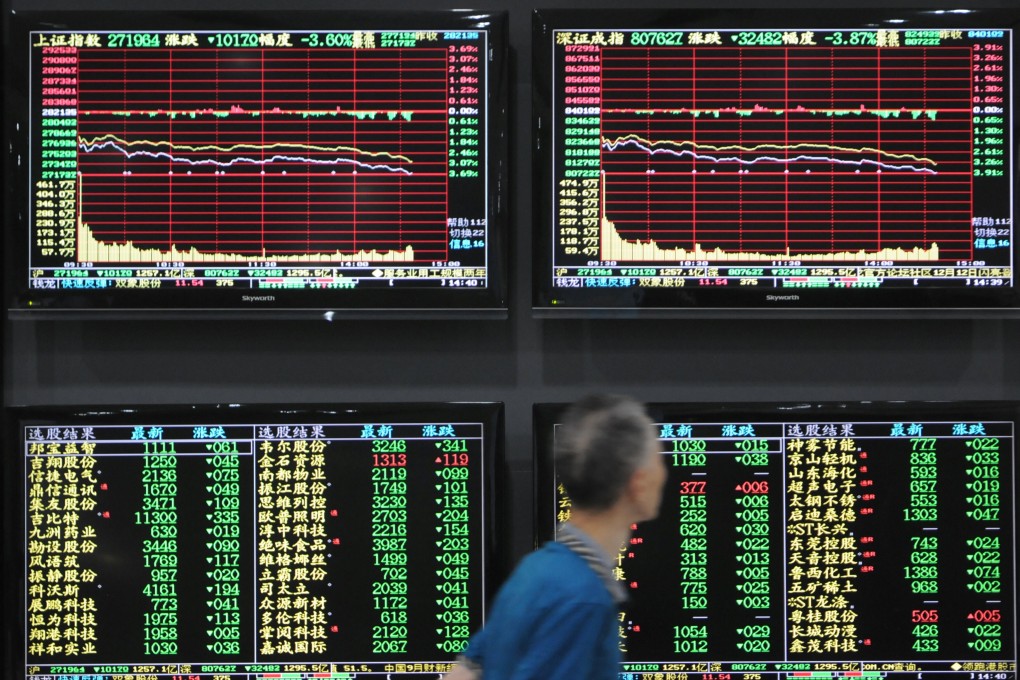Advertisement
China’s stock market approaches 2018 peak on recovery tonic as valuation hurdle evokes 2015 pain
- Benchmark index may test the January 2018 peak as economy and earnings rebound, but psychological valuation hurdle is on the horizon
- Schroder anticipates a further run-up on smaller companies, while China Merchants Securities says it is time to shift to tested old-economy stocks
Reading Time:3 minutes
Why you can trust SCMP

The upturn in Chinese equities since March is driving expectations that the local market can reach another height before the end of the year, backed by economic recovery momentum. History may offer some caution as valuation soars.
Since the combined market value of listed stocks surpassed the U$10 trillion mark for the first time since 2015 last week, some analysts are predicting the Shanghai Composite Index can break out of its sideways trading to scale the January 2018 peak before the year is out.
The gauge has outpaced major global stock indices in its 9.4 per cent climb this year to 3,336,36 points. The S&P 500 Index added 7.8 per cent while the broader MSCI Asia Pacific Index gain 2.3 per cent. The Shanghai gauge is now within 222 points or 6.2 per cent of its previous high.
Advertisement
The nudge may come from this week as the government prepares to publish another report card on Monday. Economic growth likely accelerated 5.5 per cent last quarter from 3.2 per cent growth in the second quarter, according to market consensus compiled by Bloomberg. Gross domestic product slumped 6.1 per cent in the first quarter.
“The economic recovery is expected to well get under way,” said Min Liangchao, a strategist at HSBC Jintrust Fund Management in Shanghai. “The [ensuing] improvement in corporate earnings will drive up the market further.”
Advertisement
Advertisement
Select Voice
Choose your listening speed
Get through articles 2x faster
1.25x
250 WPM
Slow
Average
Fast
1.25x